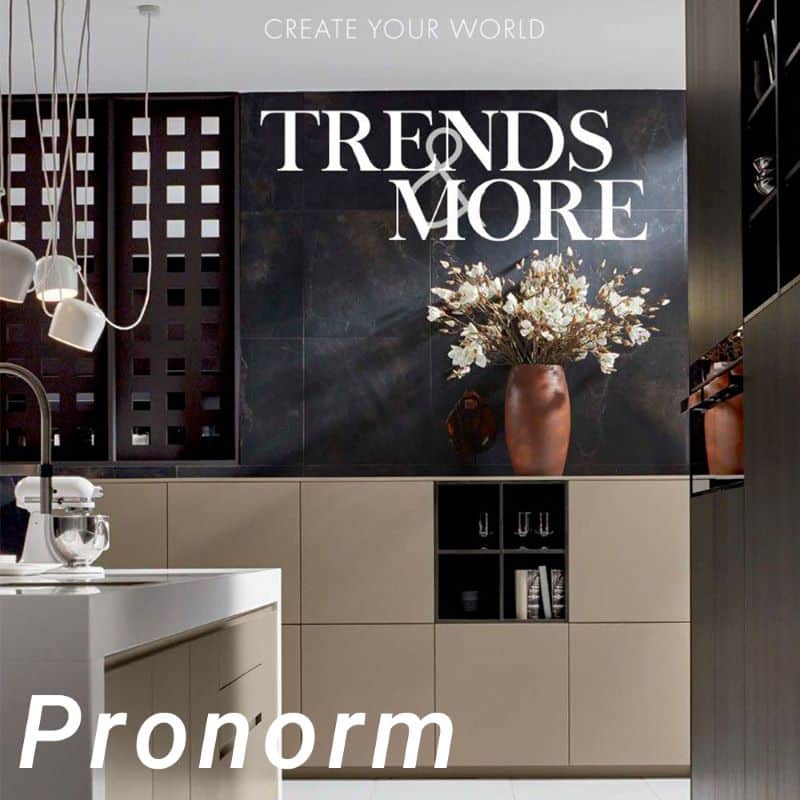Pros & Cons
When designing a modern kitchen, one of the critical decisions revolves around the choice of extraction system for your hob. Venting hob extraction and conventional extraction are two popular options, each with its own advantages and disadvantages. Understanding these can help you make an informed decision that suits your kitchen’s style, functionality, and cooking habits.
Venting Hob Extraction
Pros:
- Space-Saving Design:
Venting hobs combine the hob and extractor into one unit, saving valuable kitchen space. This integration eliminates the need for an overhead hood, creating a sleek, uncluttered look. - Efficiency:
Positioned directly on the hob, venting systems capture fumes and odors more effectively. The proximity to the source of cooking vapors ensures minimal escape, maintaining a fresher kitchen environment. - Aesthetic Appeal:
Venting hobs contribute to a minimalist kitchen design. They provide a clean, modern appearance without the visual interruption of a traditional hood. - Versatility in Kitchen Layout:
This type of extraction allows for greater flexibility in kitchen layout. Without the need for an overhead extractor, island hobs and open-plan kitchens can maintain a streamlined look.
Cons:
- Installation Complexity:
Venting hobs can be more complex to install. They may require additional work to accommodate ducting or recirculation units, depending on the kitchen’s layout. - Higher Initial Cost:
The advanced technology and integrated design of venting hobs generally come at a higher price compared to conventional extractors. - Maintenance:
Cleaning and maintaining a venting hob can be more involved. Filters and components are integrated into the hob, necessitating more frequent maintenance. - Noise:
The proximity of the extraction fan to the cooking area can result in higher noise levels, which may be disruptive during cooking.
Conventional Extraction
Pros:
- Effective Extraction:
Conventional hoods, especially those with high extraction rates, effectively remove smoke, steam, and odors from the kitchen. They are particularly suitable for heavy-duty cooking. - Variety of Options:
Conventional extractors come in various styles, sizes, and power levels. This variety allows homeowners to choose a model that fits their kitchen’s design and cooking needs. - Ease of Maintenance:
Typically, conventional hoods have accessible filters and components, making them easier to clean and maintain. - Cost-Effective:
Conventional extractors are often more affordable than venting hobs, making them a budget-friendly option for many households.
Cons:
- Space Consumption:
These extractors require significant overhead space, which can disrupt the visual flow of the kitchen and limit design flexibility. - Aesthetic Impact:
Large, bulky hoods can dominate the kitchen’s aesthetic, potentially detracting from a minimalist or modern design. - Installation Constraints:
Overhead extractors need to be placed above the hob, limiting the flexibility in kitchen layout and potentially obstructing views in open-plan spaces. - Effectiveness with Open-Plan Kitchens:
In open-plan kitchens, conventional hoods may not be as effective in preventing the spread of cooking odors throughout the space.
Summary
Choosing between venting hob extraction and conventional extraction depends on your specific kitchen needs and design preferences. Venting hobs offer a modern, space-saving solution with effective immediate extraction but come with higher costs and potential installation complexities. Conventional extractors, on the other hand, provide powerful extraction capabilities and a wide range of options at a generally lower cost, though they can be bulky and less visually appealing.
When making your decision, consider factors such as kitchen layout, cooking habits, budget, and design preferences. Both systems have their merits, and the best choice will align with your overall vision for your kitchen space.
Bora being the pioneer of the venting hobs have many options & sizes, be it external extraction or re-circulating.
For more expert advice on all things extraction why not visit Finchley Kitchens. Book an appointment with one one of our Kitchen Design Consultants today




Leave a Reply